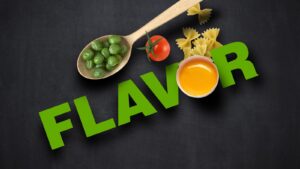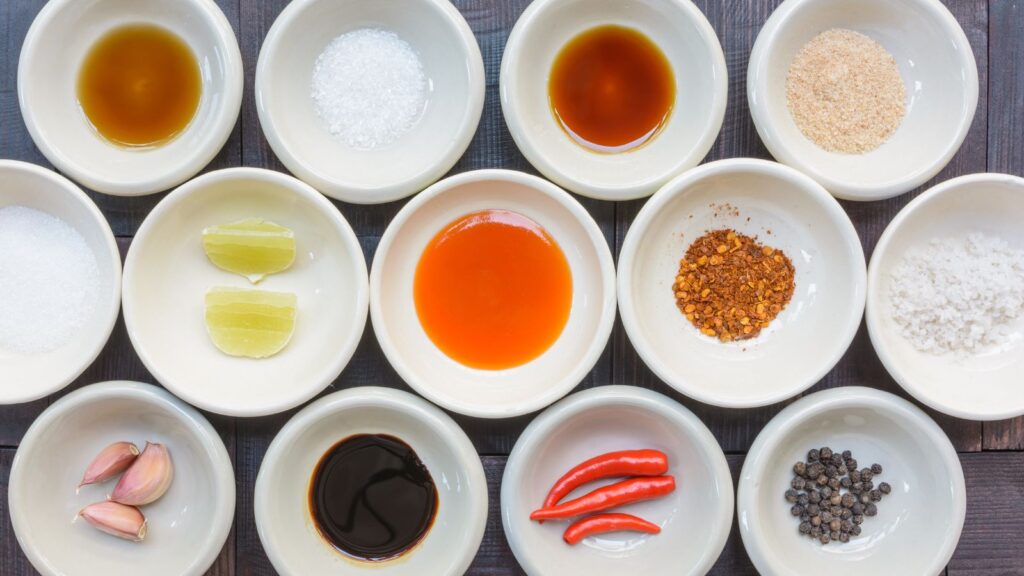In today’s increasingly globalized world, the demand for authentic and diverse flavors has never been higher. As consumers become more adventurous with their taste buds, the food and beverage industry is turning to globally sourced natural flavors to meet this growing appetite. These unique flavors not only enhance culinary experiences but also reflect the rich cultural tapestry from which they originate.
Sourcing natural flavors from around the globe offers an exciting opportunity to explore the vast palette of tastes found in nature. From the aromatic vanilla beans of Madagascar to the zesty yuzu of Japan, these ingredients bring a world of flavor to local markets. The journey of these flavors from their native lands to our tables highlights the intricate supply chain and the dedication to quality that goes into each product.
Global Sourced Natural Flavors
Global sourced natural flavors involve obtaining ingredients from diverse regions worldwide. These flavors benefit from authentic and distinct tastes that resonate with their origins. Madagascar vanilla, known for its sweet and creamy profile, exemplifies this authenticity. Similarly, Japanese yuzu offers a citrusy aroma that enhances various culinary treats.
Sustainability plays a pivotal role in sourcing these flavors. Producers aim to balance environmental impacts and community benefits. Traditional cultivation practices blend with modern techniques to achieve this balance. Innovations in farming technology further assist in resource management and flavor preservation.
Global sourced flavors add diversity to the food industry, encouraging culinary innovation and exploration. These ingredients, revered for their cultural significance, transform ordinary dishes into extraordinary experiences. They stimulate growth as brands capitalize on consumer demand for unique and authentic taste profiles.
Challenges in Sourcing Natural Flavors Globally
Logistics pose a significant challenge when sourcing natural flavors globally. Transporting perishable ingredients like French lavender or Indian cardamom requires precision and speed. Unpredictable disruptions such as weather disturbances or geopolitical issues can further complicate these logistics.
Quality control is crucial in maintaining flavor authenticity. When obtaining raw materials from distant locations, ensuring consistent flavor profiles becomes difficult. Variations in harvest conditions or local handling can introduce discrepancies, necessitating stringent evaluation processes.
Regulatory compliance adds another layer of complexity. Different countries impose varying regulations on imports and exports, impacting the sourcing strategies of businesses. Navigating these regulations demands comprehensive knowledge and adaptability to maintain seamless operations.
Cultural and ethical concerns play vital roles. When sourcing flavors, respecting local communities and preserving traditional practices is essential. Fostering mutually beneficial relationships with indigenous producers not only supports ethical sourcing but also ensures the sustainability of these rare and precious flavors.
Trends in the Natural Flavors Market
Growth in the natural flavors market reflects a shift toward healthier consumption. Demand for clean label products drives this trend, with consumers seeking transparency in ingredient sourcing. Emerging markets, such as Asia and Latin America, are witnessing significant growth in natural flavors adoption due to increasing disposable incomes and health awareness.
Sustainability plays a key role in shaping market dynamics. Brands are adopting eco-friendly practices like using renewable resources and reducing carbon footprints. Companies face pressure to ensure ethical sourcing and effective traceability to gain consumer trust.
Technological advancements enhance flavor extraction and stabilization techniques. Improved methods allow for greater consistency and novel flavor profiles, catering to diverse consumer preferences. Innovations in biotechnology contribute to this trend, offering more efficient ways to produce natural flavors.
Regulatory frameworks influence global market trends. Governments tighten regulations around additives and flavor labeling, impacting production and marketing strategies. Compliance with these regulations becomes crucial as companies navigate complex international markets.
Notable Global Suppliers and Brands
Global suppliers and brands are playing a pivotal role in the natural flavors market by embracing the diverse tastes of the world. They are forging partnerships with local producers to ensure the authenticity and quality of their offerings. These collaborations not only enhance the flavor profiles available to consumers but also support sustainable practices and ethical sourcing. Brands are increasingly focusing on transparency and traceability, providing consumers with the assurance they seek in their food choices. As the demand for unique and authentic flavors continues to rise, these suppliers and brands are well-positioned to lead the market, delivering innovative and culturally rich culinary experiences.

